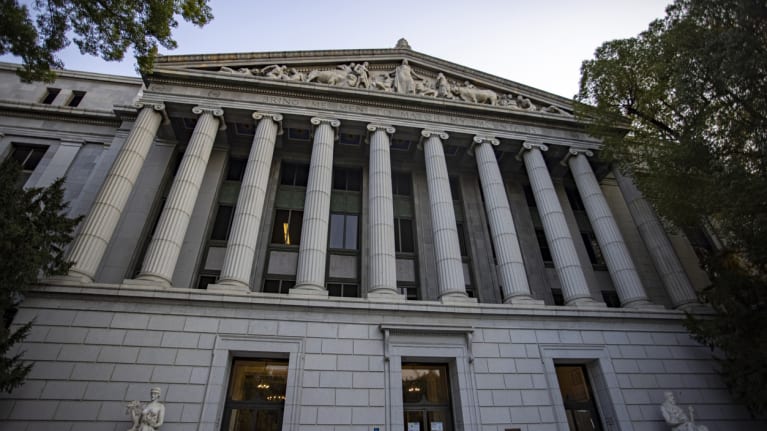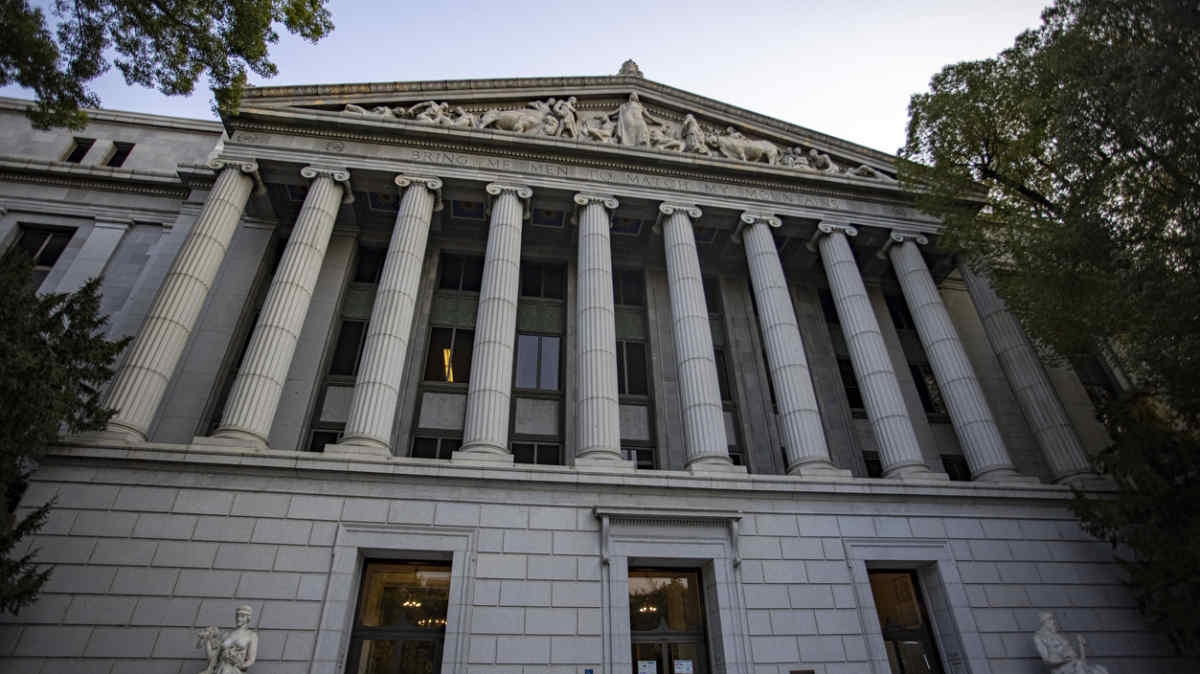

?Takeaway: California’s Private Attorneys General Act does not violate the state’s separation of powers doctrine and is therefore constitutional.
?A California appeals court affirmed the dismissal of a lawsuit brought by a lobbying group for small and midsize businesses that claimed the state’s Private Attorneys General Act (PAGA) violates the California Constitution.
PAGA allows California employees to sue their employers and pursue civil penalties on behalf of the state for violations relating not only to themselves, but also to other California employees of the same employer.
The lobbying group, the California Business & Industrial Alliance (CBIA), claimed that PAGA violates California’s separation of powers doctrine by allowing private citizens to seek civil penalties on the state’s behalf without the executive branch exercising sufficient prosecutorial discretion.
The appeals court rejected that theory for two reasons: First, in 2014, the California Supreme Court, the state’s highest court, held in Iskanian v. CLS Transportation Los Angeles LLC (59 Cal.4th 348) that PAGA does not violate the principle of separation of powers under the California Constitution.
Second, even if Iskanian were not controlling, the appeals court said it would still rule that PAGA does not violate the separation of powers doctrine because various provisions of PAGA itself give the executive branch notice of, and discretion to exercise control over, PAGA claims.
PAGA’s History and Structure
In 2001, the California Assembly Committee on Labor and Employment held hearings regarding the effectiveness of the enforcement of wage and hour laws by the Department of Industrial Relations (DIR) in enforcing California’s wage and hour laws. The committee found that, despite the DIR’s status as the single largest state labor law enforcement organization in the United States, it was failing to achieve effective enforcement of California’s labor laws.
The legislature then enacted PAGA, which allowed current and former employees to bring actions against their employers for civil penalties on behalf of the state, effectively deputizing employees to prosecute Labor Code violations on the state’s behalf.
The statute requires the employee to give written notice of the alleged Labor Code violation to both the employer and the Labor and Workforce Development Agency, and the notice must describe facts and theories supporting the violation. The agency has 60 days to decide whether to investigate.
If the agency fails to respond to the notice or declines to investigate, the employee may immediately begin a civil action.
If the agency chooses to investigate, it must decide whether to issue a citation within 120 days. If the agency decides not to issue a citation or provides no notice of its decision within the time period, the employee may bring a civil action.
If the employee proves a violation of the Labor Code, the employer must pay a civil penalty for each employee and each pay period affected by the violation. The penalty is divided between the affected employees, who receive 25 percent of the penalty amount, and the state, which receives 75 percent.
Iskanian Bars the Claim
In Iskanian, an employee sued his employer for various violations of the Labor Code. The employee sought to bring a class action on behalf of similarly situated employees and to bring an action under PAGA. In response, the employer sought to compel arbitration, citing its arbitration agreement with the plaintiff.
One argument the employer made was that PAGA violated the principle of separation of powers under the California Constitution by authorizing financially interested private citizens to prosecute claims on the state’s behalf without government supervision.
California’s highest court specifically rejected this claim.
Court Would Reach Same Result
Even if it were not bound by Iskanian, the court said, it would reach the same result.
California’s separation of powers doctrine prohibits the enactment of statutes that materially impair the executive branch’s exercise of its constitutional functions, the court explained. However, the doctrine does not create an absolute or rigid division of functions, nor does it mean that the three departments of state government are not in many respects mutually dependent or that the actions of one branch may not significantly affect those of another branch.
CBIA claimed that PAGA violates the separation of powers doctrine by depriving the executive branch of prosecutorial discretion in PAGA cases and control over PAGA prosecutions or settlements, the court noted. The lobbying group argued that PAGA thus prevents the executive branch from performing its core function of enforcing the law by replacing the attorney general and other prosecutors with private parties and attorneys.
However, the court said, various provisions of PAGA itself give the executive branch notice of, and discretion to exercise control over, PAGA claims. PAGA requires notice to be given to the executive branch before commencement of a PAGA claim. PAGA also allows the executive to investigate and cite employers for Labor Code violations asserted in a PAGA notice. Furthermore, PAGA prohibits the filing of any PAGA action on the same facts and theories as a citation issued by the executive or an action brought by the executive under the Labor Code.
Therefore, the court concluded that PAGA does not violate California’s separation of powers doctrine.
California Business & Industrial Alliance v. Becerra, Calif. Ct. App., No. G059561 (June 30, 2022).
Joanne Deschenaux, J.D., is a freelance writer in Annapolis, Md.
